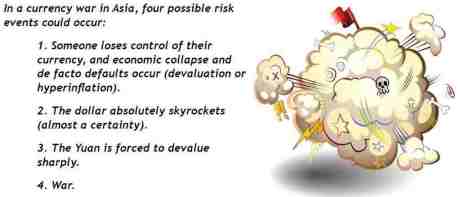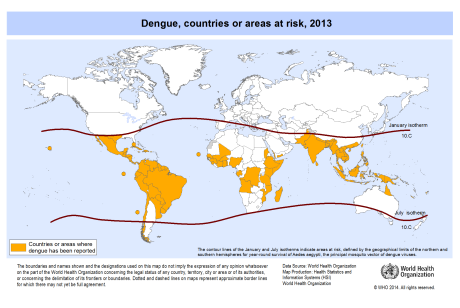The argument that globalization does not necessarily lead to peace is a pretty easy one to make, the usual example being that German-British trade was going brilliantly right up to World War I. Arguing that globalization leads to war is an altogether different enterprise. In his new book, When Globalization Fails: The End of Pax Americana, James Macdonald comes daringly close to showing that globalization, as a system of interdependence among major states, is an inherently unstable system that breeds insecurity among great powers. The interdependence feeds the insecurity.
 If our multipolar world is going the way of Macdonald’s analysis, we would expect to see greater regionalization under the direction of one or another regional hegemon — and that does appear to be the case, despite important countervailing trends such as improving U.S.-India relations, which have rescued the World Trade Organization. In Central Asia, Russia’s Eurasian Economic Union and China’s New Silk Road confront each other as opposing regional power plays. Asia’s export-led economies are also becoming more regional: Asian exports are increasingly purchased within Asia itself as demand from advanced economies remains weak. And regardless of the degree to which “re-shoring” exists, the desirability of siting production in closer physical proximity has captured Western political imaginations. Meanwhile all the major powers are focused on strengthening regional security arrangements, and all the major emerging powers are building their defenses, including the blue-water navies, whose major “defensive” purpose is to defend raw-material supply routes.
If our multipolar world is going the way of Macdonald’s analysis, we would expect to see greater regionalization under the direction of one or another regional hegemon — and that does appear to be the case, despite important countervailing trends such as improving U.S.-India relations, which have rescued the World Trade Organization. In Central Asia, Russia’s Eurasian Economic Union and China’s New Silk Road confront each other as opposing regional power plays. Asia’s export-led economies are also becoming more regional: Asian exports are increasingly purchased within Asia itself as demand from advanced economies remains weak. And regardless of the degree to which “re-shoring” exists, the desirability of siting production in closer physical proximity has captured Western political imaginations. Meanwhile all the major powers are focused on strengthening regional security arrangements, and all the major emerging powers are building their defenses, including the blue-water navies, whose major “defensive” purpose is to defend raw-material supply routes.
There are huge differences between today and earlier eras when the dynamics of globalization led to large-scale conflict. Nuclear weaponry is one; the lack of demographic-growth pressures in advanced economies is another. But we are nonetheless entering dangerous times.





